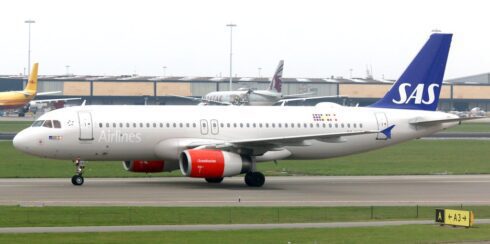A RYANAIR ground crew member has been fired for directing aircraft at Palma airport while high on drugs.
The ramp agent, who held specialised security clearance to work in restricted areas, returned a positive sample for cannabis.
The worker was tasked with the high-responsibility role of guiding planes to their designated gates and managing aircraft movements in high-security zones.
However he was caught during a random drug screening by Guardia Civil officers, despite showing no visible signs of intoxication.

The dismissal has now been upheld by the Balearic High Court in a landmark ruling that reinforces zero-tolerance policies for substance use in aviation.
The court heard that the employee tested positive in a saliva sample during one of the regular checks conducted at the airport, particularly targeting staff working in security-sensitive areas where accident risks are highest.
READ MORE: Jet2 flight from Spain to UK makes emergency landing after passenger in his 70s dies mid-flight
Airport operator AENA immediately revoked the worker’s security credentials following the positive test result, effectively barring them from accessing any restricted zones within the facility.
Ryanair was forced to reassign the employee to other duties while disciplinary proceedings were initiated.
The court’s ruling emphasized that the employee had knowingly violated both Ryanair’s internal policies and AENA’s strict safety regulations, which explicitly prohibit working under the influence of any substances – even if consumed before starting work shifts.
READ MORE: Challenge of the century: What exactly is involved in digging a tunnel from Spain to Morocco?
The judges noted that these rules are regularly communicated to all staff members as part of the airline’s commitment to maintaining a safe working environment.
The ruling means the dismissed employee will receive no compensation, with the court determining that knowingly violating such fundamental safety protocols constituted sufficient grounds for immediate termination.









